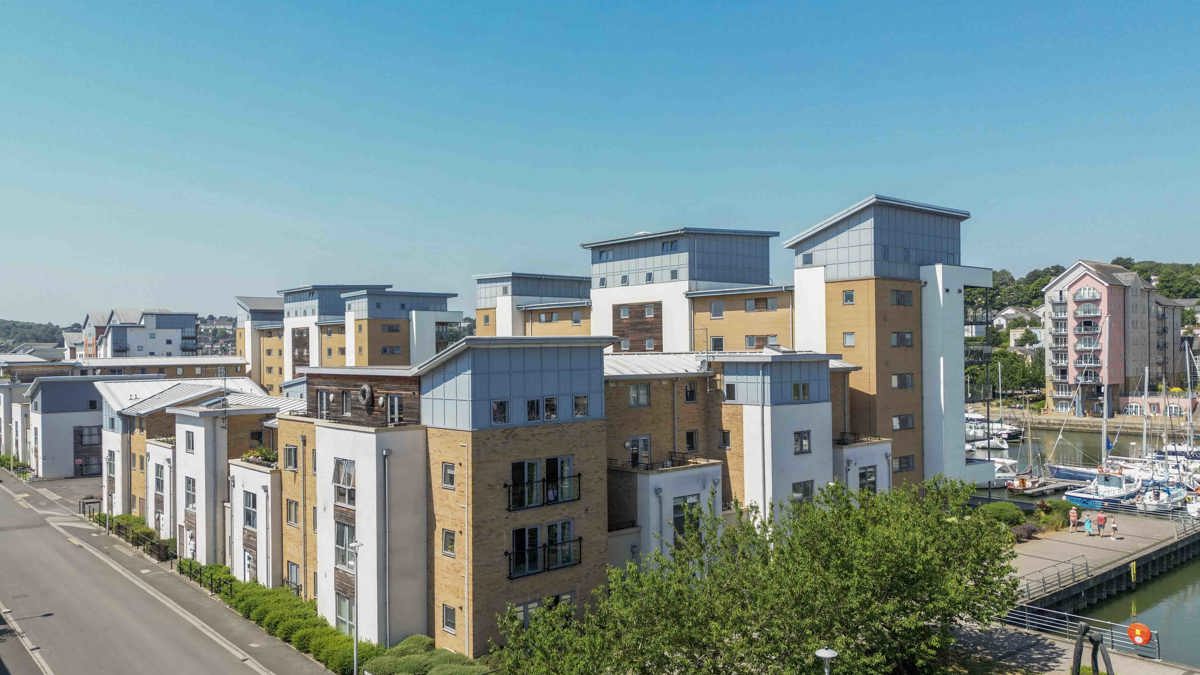Applying for a mortgage may seem like a daunting task. There is a lot to consider. Let's take a look at the process, being prepared will help make the application go as smoothly as possible.
30 Nov 2023
How to get a mortgage!
What are the steps in a mortgage application? well, for starters, you'll need to provide a lot of information and complete a lot of forms.
Let's look at the complete process so that you can get prepared and plan your application.
the place for your mortgage...
We hope this article was useful, if you would like to discuss anything regarding 'mortgages', our team will be happy to help.
Share


